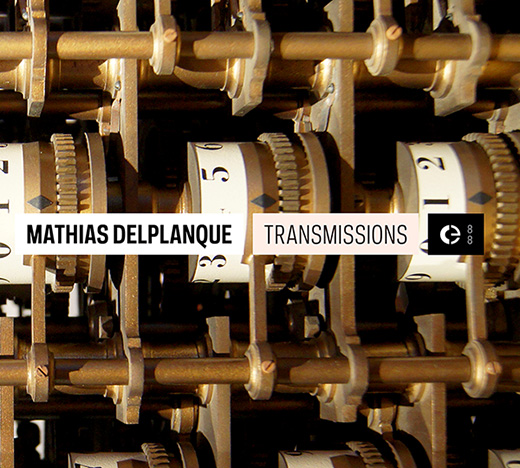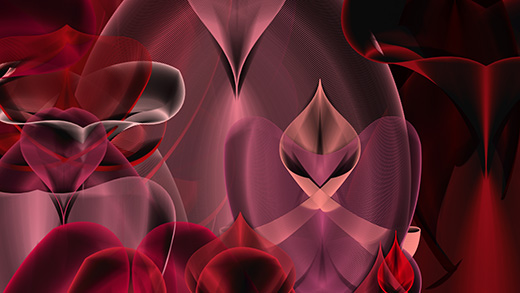
Another fine item from Arturas BumÅ¡teinas, already noted earlier this year with his concept album themed on “Sleepâ€. For Meubles (CRÓNICA 081-2013), he’s enlisted a small ensemble of players from Poland and elsewhere, called them the Works and Days Ensemble, and commissioned them to perform the three suites of music. Meubles is a concept album about “furnitureâ€*. By way of underpinning the project theme, each musician was asked the poignant question “If music could be furniture, which piece of furniture it would be?†Their replies – all very imaginative, individual and personal in their interpretation of this vague and open-ended question – result in an almost surrealist catalogue of objects, including a wine cabinet, a stove, a bed, a window, and (my personal favourite) a Billy bookcase from Ikea. It’s my guess that these responses have been the basis for the score of the Meubles suite. I’m all in favour of using unconventional methods to fuel the generation of music. If Stockhausen could write prose instructions for his players for Aus Den Sieben Tagen, then why can’t BumÅ¡teinas get his players to concentrate on a piece of furniture to help them focus on the music production? As the Ensemble perform their (semi-improvised?) parts, the instruments – brass, strings, piano, guitars, percussion and organ – all wrap around each other with the intimacy of a fitted carpet lying snugly in place in a well-appointed room. There are no patterns or melodies that I can discern, but the continual music does hang together in a very harmonious and pleasing manner; no hideous discordant moments await the listener. Slow and syrupy it be, but certainly not formless drone. It’s nice to hear such concord and agreement between people, and it all conveys the pleasant sense of stability that you might associate with a good armchair. From November 2013.
* The astute reader will of course be aware of Erik Satie’s furniture music, where the idea was to provide background music for specific events and occasions in salon society, such as drinking tea or playing croquet. Satie’s work is commonly taken, perhaps wrongly, to be the forerunner of ambient music. No doubt Bumšteinas is aware of this too, but he makes no explicit connection to Satie with this composition. Nor to Bill Nelson’s Red Noise, I might add. Ed Pinsent
via The Sound Projector









